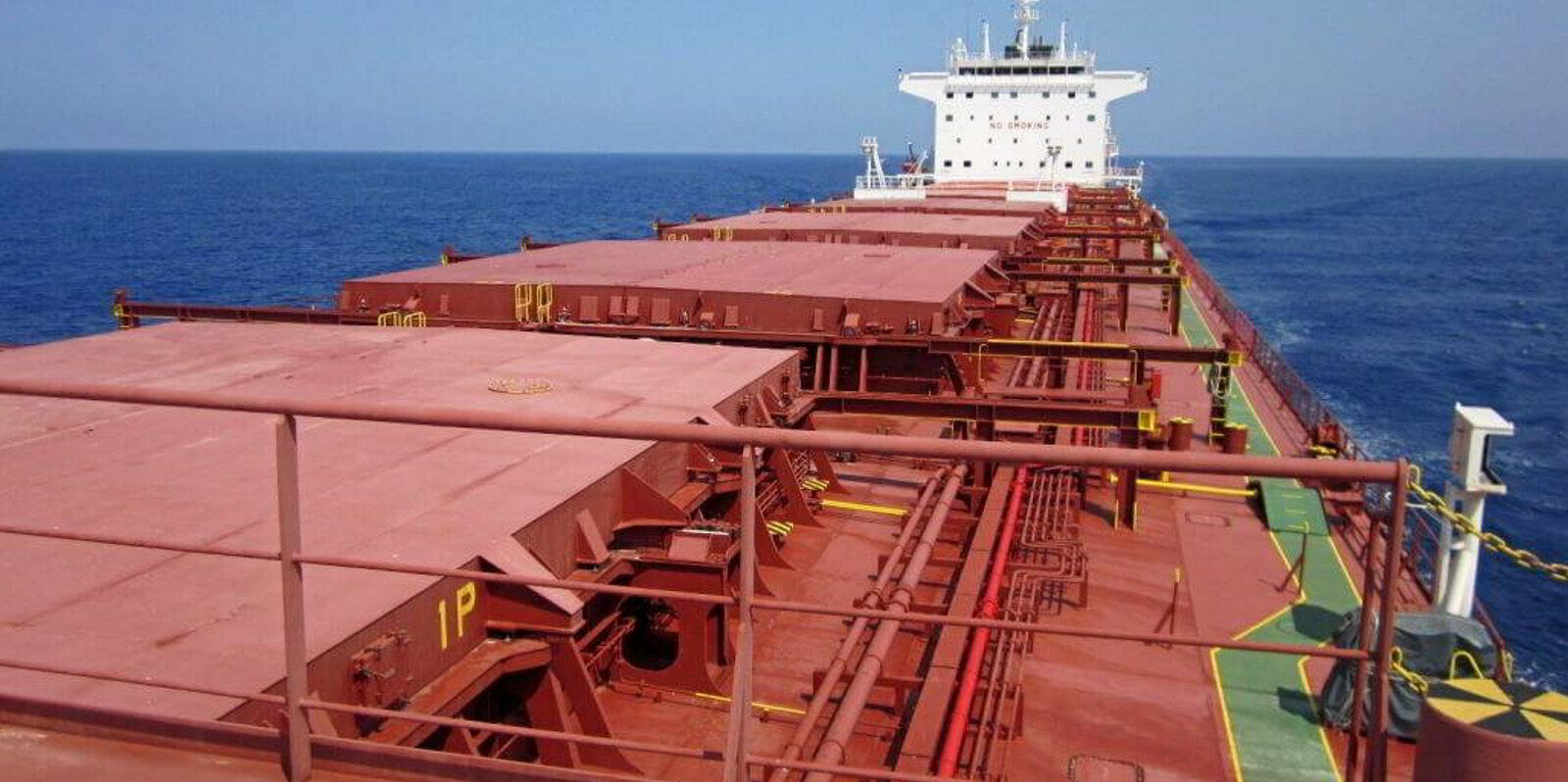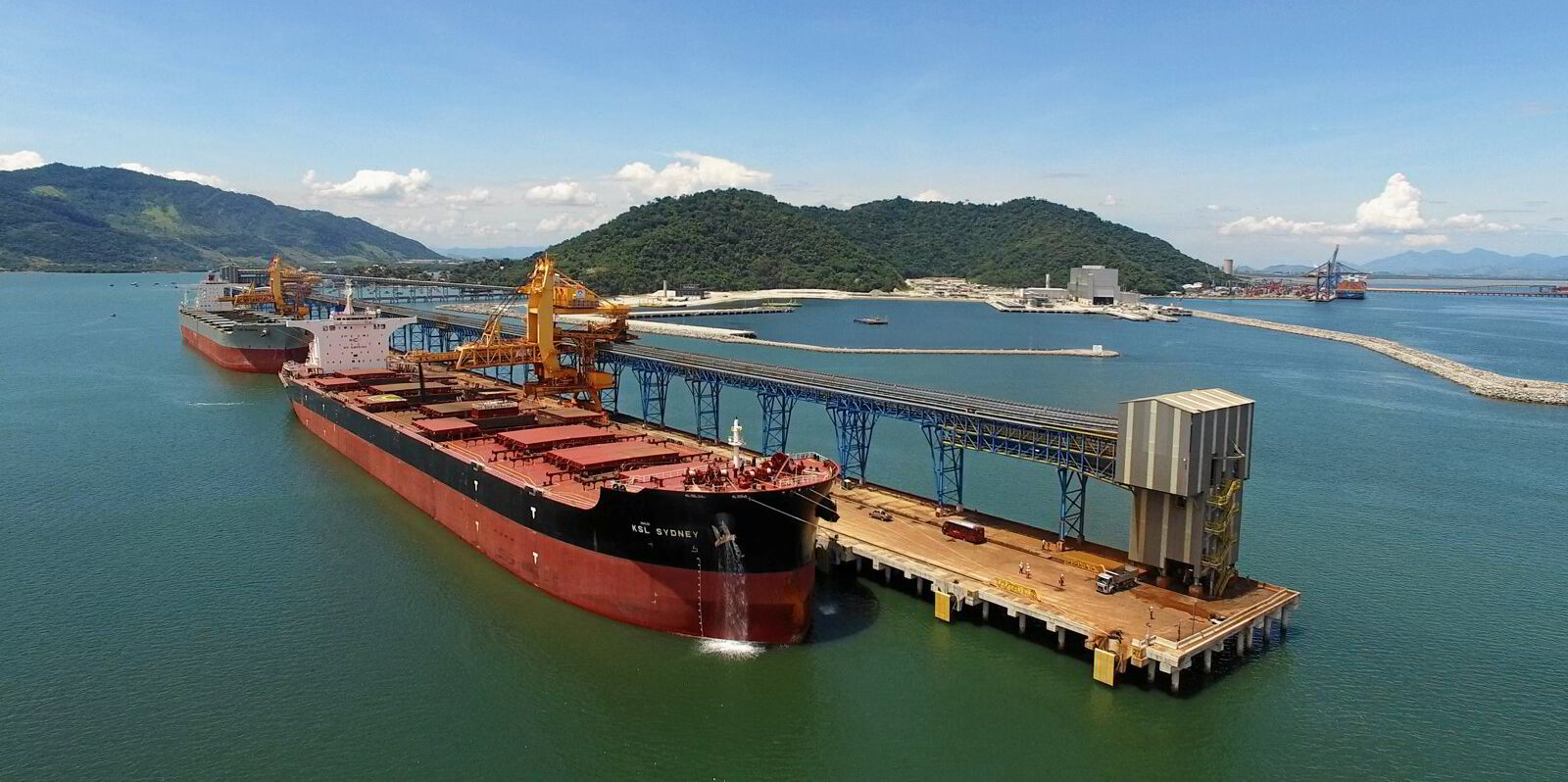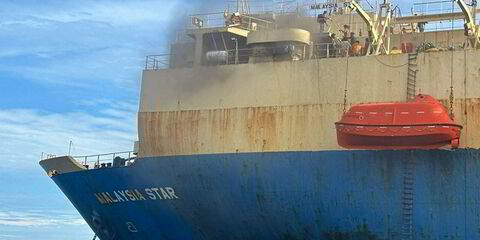Bulker rates are dropping fast, with a lengthening list of empty ships pushing all sizes to fresh lows for 2024.
The Baltic Exchange Dry Index (BDI) fell to 1,180 on Wednesday afternoon, down another 57 points from Tuesday.
Clarksons Securities said two of the three major miners in the Pacific were out in the market yesterday, but broker reports suggested that overall activity in the area remained limited.
On the Atlantic side, the sluggish sentiment continued, with a large list of ballasting bulkers weighing on the market.
“Looking at volumes, last week was good in terms of the large long-haul bulks, with Brazilian iron ore shipments in the upper end of the seasonal range and bauxite volumes out of Guinea climbing 17.2% week-on-week to near all-time-highs,” analysts led by Frode Morkedal said.
However, the increase in empty ships heading to Brazil combined with a slip in congestion in Chinese ports seems to be driving rates down.
Capesizes were down 10% from Tuesday at $13,300 per day.
The forward freight agreement (FFA) market is pricing capesize rates of $13,900 per day in December.
Capesizes have been averaging $23,000 per day so far this year.
Jefferies analysts led by Omar Nokta said rates have come under pressure and all vessel sizes hit new lows this week.
Kamsarmaxes have fallen to $9,000, with ultramaxes at $12,000.
“The dry bulk market has shifted since September, with global iron ore prices and domestic Chinese prices converging to near-parity after a period in which domestic prices were at a sizeable premium,” Jefferies added.
Monthly iron ore production in China averaged 75m tonnes during the third quarter, down from the first-half average of 90m tonnes.
This has caused domestic prices to rise and reach a $12 per tonne premium on average, relative to global prices.
“However, monthly production has rebounded to 85m tonnes in the final three months of this year, which has narrowed the domestic premium to $2 per tonne,” Nokta and his team said.
“This has impacted spot cargo volumes and fixture activity, with a steep drop-off in cargo loadings out of Australia and Brazil over the past several weeks,” they added.
But Jefferies said that on the plus side, West African capesize loadings remain elevated, indicating the bauxite trade is holding firm and has recovered from a brief period of softness during October.
Fearnley Securities said 4% lower production in the fourth quarter from Brazilian mining giant Vale, coupled with heavy rainfall in Brazil, could partly explain the short-term weakness in volumes and the high availability of vessels.
For 2025, volumes are likely to develop flattish year on year from Vale and Rio Tinto, with 2026 offering more promise.
Analysts Fredrik Dybwad and Nils Thommesen said short-term weakness in spot and FFA levels have pulled bulker owners’ stocks lower.
Current pricing implies a 20% fall in asset values for companies like Golden Ocean Group.
“As such, current pricing offers an appealing entry, though low rates should be expected into the seasonally slower Q1 and downside on risk on asset values, particularly for older tonnage, remains,” the duo added.







